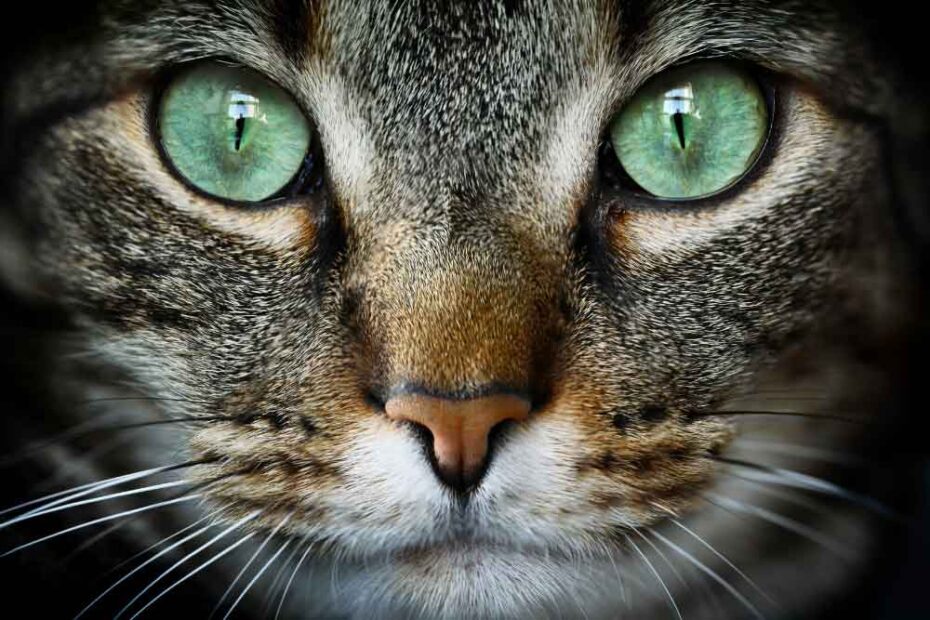Feline asthma is a chronic respiratory condition that affects cats. It is characterized by inflammation and narrowing of the airways, which leads to difficulty breathing and coughing.
Symptoms of feline asthma include wheezing, coughing, open-mouth breathing, and rapid breathing. In severe cases, cats may also experience exercise intolerance, weight loss, and a decrease in appetite.
Feline asthma is caused by a combination of environmental and genetic factors. Allergens such as dust, mold, and pollen can trigger asthma symptoms in cats, as can exposure to smoke or other irritants. Some cats may also be predisposed to asthma due to their genetics.
Diagnosis of feline asthma typically involves a physical examination, blood work, and imaging such as x-rays or ultrasounds. A bronchoscopy may also be performed to visualize the airways and collect samples for analysis.
Treatment for feline asthma typically includes a combination of medications and environmental management. Steroids, bronchodilators, and immunomodulators may be prescribed to reduce inflammation and open the airways. Environmental management may include reducing exposure to allergens and irritants, as well as using air purifiers and humidifiers.
It’s important to note that feline asthma is a chronic condition and requires ongoing management. Regular check-ups with the vet and monitoring of symptoms are important to ensure the cat is receiving the proper treatment.
It’s also worth mentioning that early detection and treatment are key to managing feline asthma and preventing it from becoming more severe. If you suspect your cat may have asthma, it is important to schedule a visit with your veterinarian as soon as possible.
In summary, feline asthma is a chronic respiratory condition that affects cats, characterized by inflammation and narrowing of the airways. It is caused by a combination of environmental and genetic factors and requires ongoing management. With proper treatment and management, cats with asthma can lead happy, healthy lives.
